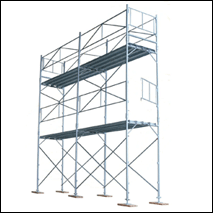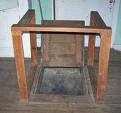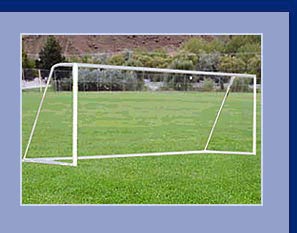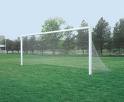Marcello Ventrella, and Aram J. Pothier, respectively of Bellingham and Blackstone, Massachusetts, have died as the result of personal injuries suffered after a night of teenage drinking. They were passengers in a motor vehicle driven by Robert Baez, who was seriously injured, but survived the accident. The accident took place on I-295 in Smithfield, Rhode Island. Both of the deceased were riding in the backseat, were not wearing seatbelts and were pronounced dead at the scene. The fourth passenger, Christopher J. Cuomo, escaped without serious injuries.
The young men began their night in Massachusetts, but allegedly ventured to a Providence, Rhode Island bar, where it appears they were served alcohol. Rhode Island State Police are still investigating the details of the accident and the events preceding the accident. However, it appears that all four of the young men had been drinking and were served in the bar, as yet unidentified.
The obvious question arises as to who is ultimately responsible for this tragic accident. Baez, the young driver, of course is the primary responsible party. However, the tougher question is whether others can and should be held responsible for the condition he was in at the time of the accident. Given that all four were underage, including Baez, if it is true that he was served at a public drinking establishment, the owners of that bar may bear some responsibility for the accident.
The law with respect to the responsibility and liability of public establishments, which are licensed to serve alcohol is well established in Massachusetts and Rhode Island, “Dram shop liability” arises when bars and liquor stores negligently serve alcohol to underage or noticeably intoxicated individuals. This requires proof that the bar knew or should have known that the customer who drove a vehicle was intoxicated.
A traditional dram shop case involves an innocent injured third party such as the driver of another vehicle or somewhat walking down the street. The fact that the claimant in this instance were passengers in the vehicle, may have also been drinking themselves, and likely knew that Baez also had been drinking. Such facts may raise issues of comparative negligence, but does not bar recovery for the families of the deceased young men who died in this accident.
Source: Bostonchannel.com
Continue reading
 Boston Accident and Injury Lawyer
Boston Accident and Injury Lawyer








